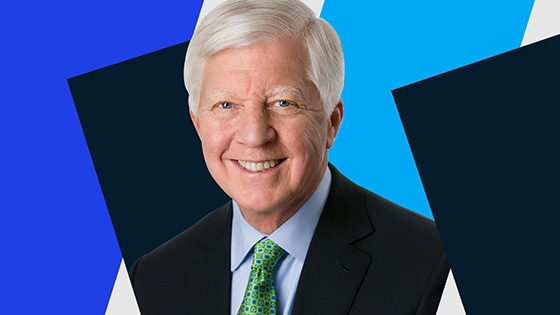| | |
 |
Edited by Rama Ramaswami
Senior Editor, New York |
|
|
|
|
|
| | | | | | |
| |
|
That really isn’t as difficult as it sounds. Most people, regardless of their income level or occupation, rate having an “interesting” job at least as important as having a high income. But organizations tend to cater more to the psychological needs of higher earners, who are likely to be managers and professionals. Meeting the psychological needs of employees in lower-paying, routine, or repetitive jobs such as clerical work or machine operation could enhance their job satisfaction, productivity, and loyalty to the organization. This may not work in all cases: for example, it could be challenging to redesign a machine operator’s job to make production line tasks less repetitive. But simple steps such as recognizing mastery of a skill or granting frontline workers discretion to make appropriate decisions can go a long way toward making jobs more psychologically satisfying for lower earners.
|
|
|
| | |
That’s the percentage of American workers who say they are in ‘good’ jobs, as defined by their satisfaction with the job characteristics they value the most. These include not only good wages and benefits but also factors unrelated to pay, such as enjoyment of their day-to-day work, having a sense of purpose at work, and having the power to change things that don’t satisfy them. An attractive pay package does get people in the door. Once they are in, though, leaders will need to provide opportunities for advancement and skill development, as well as restructure jobs wherever possible to avoid employee boredom and job dissatisfaction.
|
|
|
| | | | |
| | | |
|
Whether you approach it through mindfulness, meditation, or building a sense of community, psychological well-being has become critical to succeeding in the workplace. In this interview with McKinsey, former Medtronic CEO and Harvard Business School professor Bill George shares his views on how to create, protect, and expand well-being within our teams and in our lives. “As a leader, you want to give encouragement to the people you work with to bring their ideas forth, to be real people, to be authentic and to be mindful and to have their own practices and give them the opportunity to do that,” he says. Take the time to engage with people authentically and with humanity, George advises. “Make everyone at your organization feel like, ‘This is my home. This is where I want to be, and you respect me for who I am.’”
|
|
| |
| | | |
|
| |
Lead by supporting well-being.
|
|
|
| | | | |
This email contains information about McKinsey's research, insights, services, or events. By opening our emails or clicking on links, you agree to our use of cookies and web tracking technology. For more information on how we use and protect your information, please review our privacy policy. |
|
You received this email because you subscribed to the Leading Off newsletter. |
|
|
Copyright © 2022 | McKinsey & Company, 3 World Trade Center, 175 Greenwich Street, New York, NY 10007 |
|
|
|
|
|







